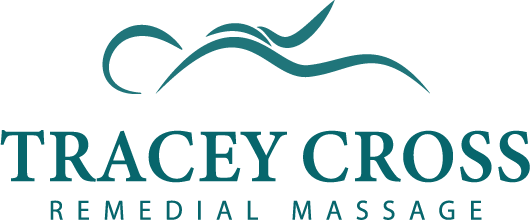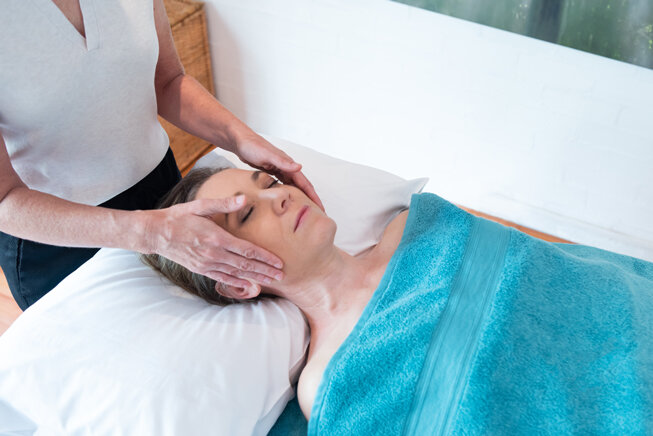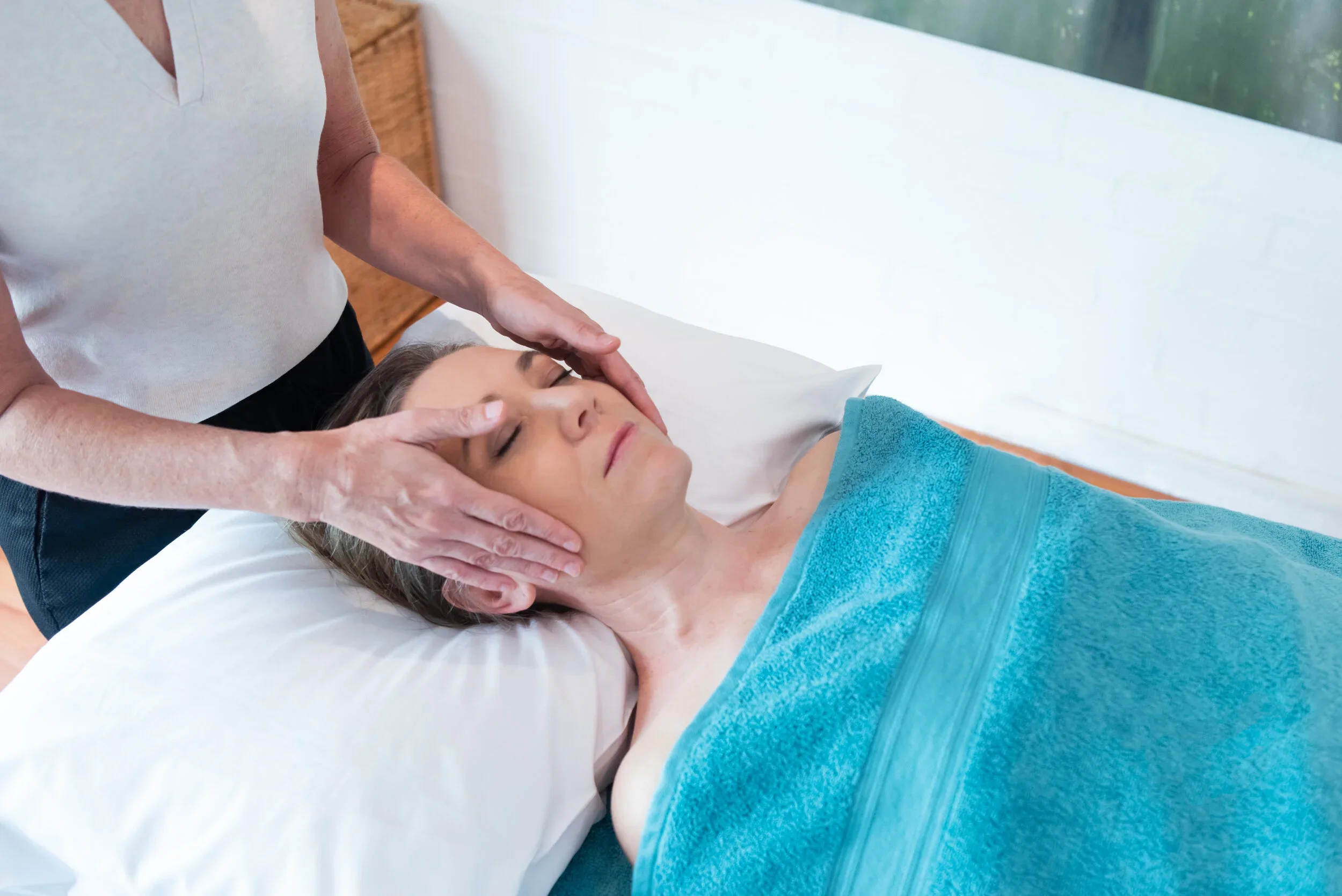
Tracey Cross your shoulder, neck and headache specialist.
Located in Wembley at
26 Salvado Road.
Opposite the Bunnings Subiaco.

Give the gift of wellness
Looking for a thoughtful gift? Massage e-gift cards are perfect for anyone who deserves relief from pain or stress.
Available for one-hour massages
Valid 3 years
Delivered via email instantly or at a time of your choosing
★★★★★ 4.9/5 out of 16 Google Reviews
“★★★★★
Tracey’s clients often describe her remedial massage treatments as thoughtful, effective, and deeply restorative. Whether it’s deep tissue work or support with ongoing pain management, her personalised care and calm, professional approach have made her a go-to massage therapist in Wembley. Many feel real relief and confidently recommend her to others.”
Her mission is to resolve your pain and discomfort so you can get on with life and keep doing the things you love.
Learn more about Tracey and her journey to becoming a massage therapist
Why Choose Tracey Cross?
✓ 18 years specialised experience
✓ Shoulder, neck & headache specialist
✓ Former competitive athlete understands active lifestyles
✓ Convenient Wembley location with parking
✓ Personalised treatment plans
✓ Dr. Vodder certified lymphatic drainage
Treatment Techniques:
Deep tissue massage for chronic tension
Trigger point therapy for referred pain
Myofascial release for restricted movement
Dr. Vodder lymphatic drainage for inflammation
Acupressure for pain relief
Sports massage for athletes
Featured Blog Post:
The Real Reason Your Shoulders Are Always Tight (It's Not What You Think)
After 18 years of treating clients in my Wembley remedial massage practice, I've noticed a pattern that shows up in almost every treatment room visit. People come in complaining about tight, aching shoulders that just won't relax, no matter what they try.
Opening Hours
Wednesday 1.30 pm - 6.00 pm
Friday 2 pm - 6.30 pm
Some Saturdays 9 am - 5 pm
(email to enquire about availability)
Location
26 Salvado Road, Wembely, 6014
Look for the Bodyright Massage sign. We are located directly opposite Bunnings Home Base in Subiaco.
Free on street parking available outside of peak hours.
Serving surrounding Perth suburbs including: Wembley, West Leederville, Subiaco, Jolimont, Floreat, City Beach, Mount Hawthorn, and Glendalough



